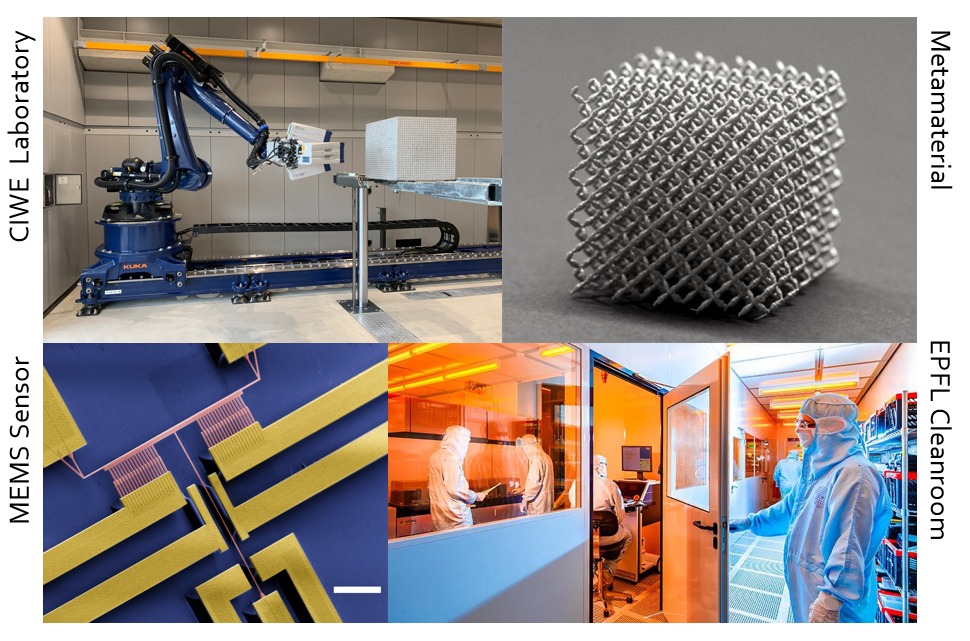Open positions
PhD position: gradiometric sensors for high-resolution seismic imaging using sparse recording configurations
100%, Zürich, fixed-term. Start date: Before September 2023.
Application deadline: 28.02.2023. Online applictions only!
Seismic waves allow us to image the Earth's sub-surface. This approach, originating in the field of exploration geophysics, is also gaining an increased interest for sub-surface characterization of planetary bodies in our solar system. A shortcoming of seismic imaging is that the resolution is limited by the number of sensors, due to a signal processing principle known as the sampling theorem. While it may be relatively straightforward in Earth-based applications to add more sensors to obtain better images, deploying large-sensor arrays on the Moon or Mars is not. This forces us to think of ways to obtain the most information out of a sparse network of available sensors.
One potential approach around the sampling theorem is so-called generalized sampling. In generalized sampling, we compensate for the lack of recording locations by using information on the spatial derivatives of the seismic wave field. A ‘gradiometric sensor’ is a device capable of measuring such spatial derivatives. However, being a novel approach, there are no established designs for gradiometric sensors. We want to solve this shortcoming using metamaterials — novel structures that present advanced wave control capabilities due to their precisely-controlled microstructure. Metamaterials can focus sound at very small locations, route waves around objects or expand horizontally when elongated. In this project, we will use these properties to make gradiometric sensors, by designing a metamaterial structure so that it passively senses (combinations of) spatial derivatives of the seismic wave field. The derivatives will be converted to an electrical signal using a custom-made Micro Electro Mechanical System (MEMS) transducer.
This project has a strong international component. The PhD student is expected to spend one year at AMOLF (Amsterdam) working on the sensor/metamaterial design, and several months at EPFL in Lausanne for device fabrication. The home base will be at the Centre for Immersive Wave Experimentation (CIWE) at ETH Zurich, where the laser/sandbox characterization setup is located. The resulting concept sensor will be part of a proposal for a lunar mission expected to take place in 2026.
For more information, including on how to apply online, please go to: ETH job portal

